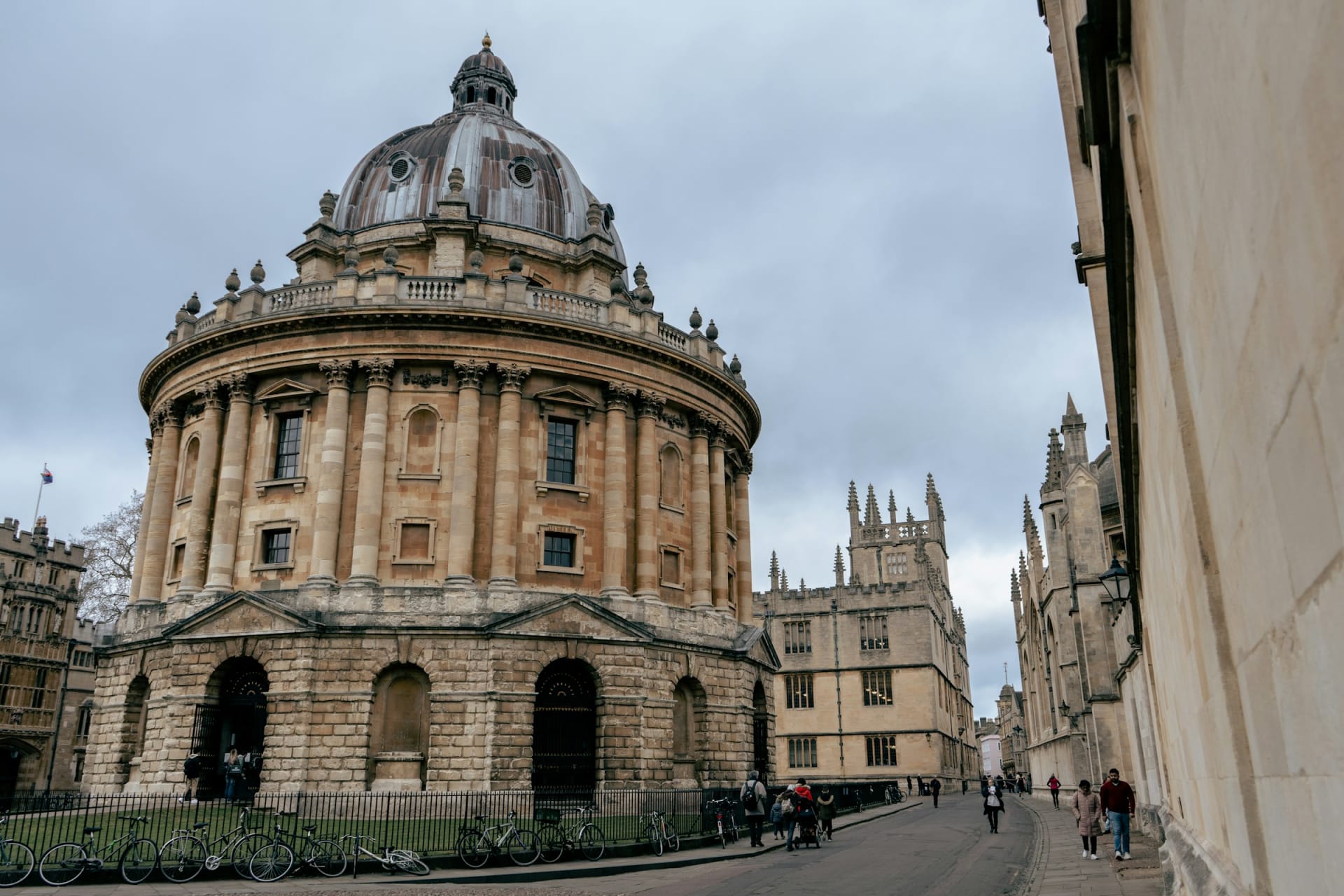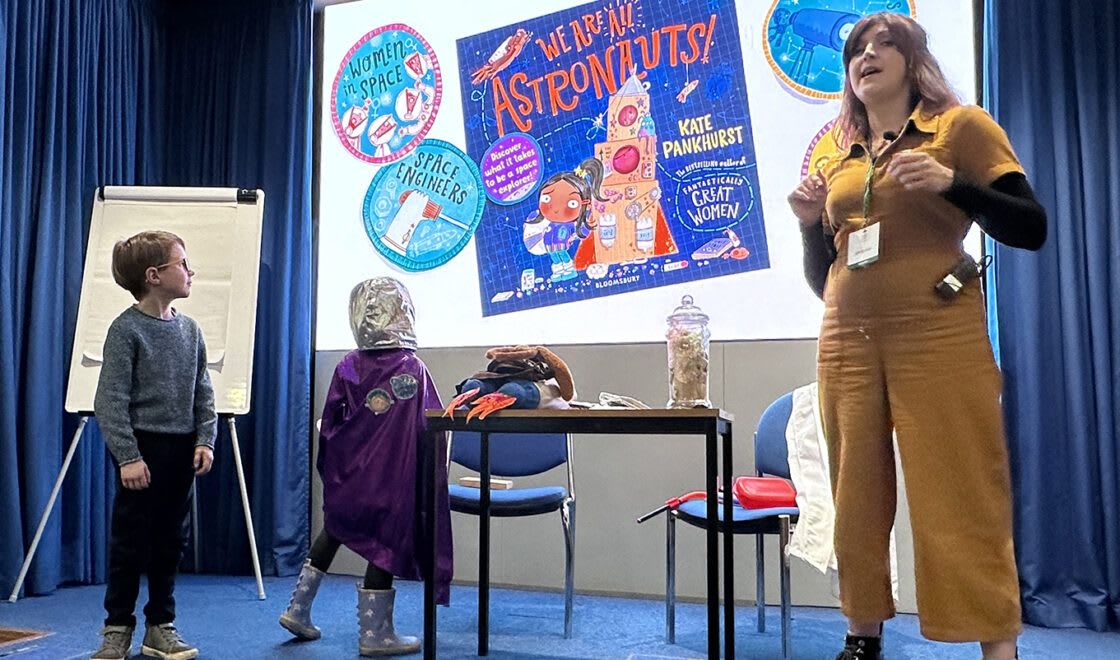Take a second to imagine a tall refreshing glass of water.
Are you a half full or half empty sort of person?
Let’s start with the optimist, like the popular meme of the dog in the burning room, ploughing on regardless and possibly ignoring any problems which may exist. You might be thinking about someone who is nauseatingly cheerful, to the point where you feel nothing would force them to confront and acknowledge negative feelings about anything.
Then there are the cynics, glass completely missing, quick to focus on weakness yet still battling emotional regulation and oblivious to nuanced details.
Being a pragmatic optimist is that bit in the middle, the power to determine variety, the choice to interpret everything around us as we wish it to be. Sure, you will not be ready to create a world all of your own making, but you can bend what exists.
As a pragmatic thinker you see what can be, don’t base how you react to things on historical evidence, treat each situation as a new one, and you respond as opposed to react.
Why might pragmatic optimism help us now?
It’s going to be a while before we get back to the same old life. It may be very easy to react and disassociate, to acquire the cynical view that everything is awful and is always going to be. There is no denying that we are grieving, tired, fed up, frustrated, and isolated.
But James Stockdale, a POW during the Vietnam War, summarised the attitude in which we can concentrate on the sensible qualities of pragmatic optimism, what we know now as the Stockdale Paradox. He spoke about never losing our faith in prevailing at the end, while maintaining the courage to confront the brutal facts of present reality, however difficult that may be.
Be stoic, evaluate what’s within your control, think small, think meaningful, think pragmatic optimism, think love. For others and ourselves.








